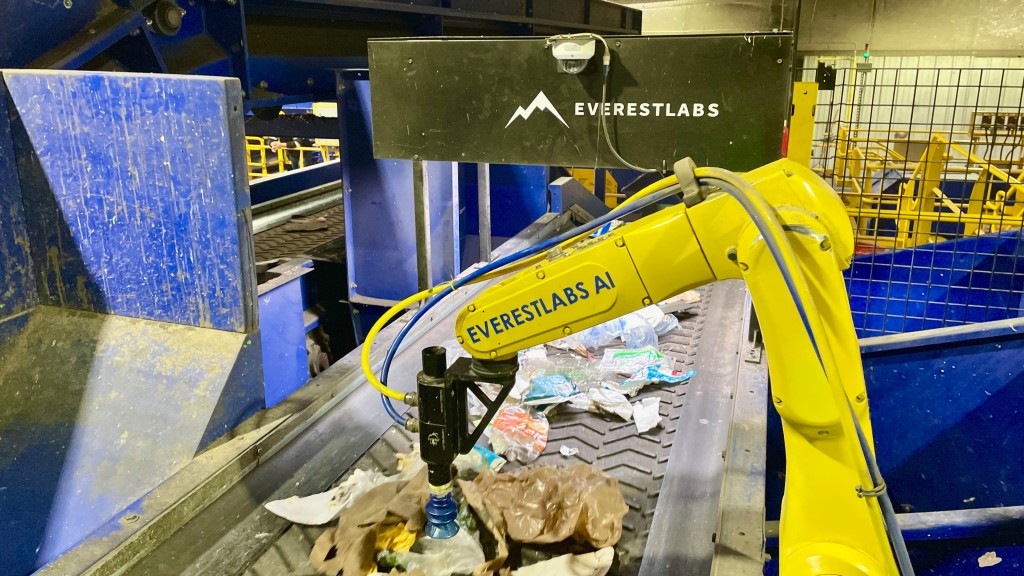Redefining Waste
Canada and countries around the world are not maximizing the social, environmental and economic benefits of the recycling industry
Achieving sustainable development – that is “meeting the needs of the present without compromising the ability of future generations to meet their own needs” – requires industries and governments to consider social, economic and environmental factors in their current activities.
Recycling makes use of material that would otherwise end in landfills and minimizes potential future environmental contamination from those sites. It reduces the need for scarce raw materials and discharges generated in primary processing to land, water and air. The recycling industry is also responsible for an estimated 1.6 million jobs worldwide, and generates billions of dollars of global economic activity. Finally, using recycled material allows manufacturers to reduce their production costs and be more competitive. Recycling, therefore, is truly an industry of sustainable development.
Unfortunately, Canada and countries around the world are not maximizing the social, environmental, and economic benefits of the recycling industry. One key obstacle is that governments often include recycling as part of the waste sector. Waste management is a necessary and valuable industry of its own, but it is separate from the recycling sector. When legislators define recyclable material as “waste” it often results in increased operating costs to the recycling industry without providing any additional environmental benefits. When included with the waste sector, recycling is subject to inappropriate regulations at the municipal, provincial, national and even international level.
The mantra of recycling industries around the world is the same: recyclable material is not waste. Since 1996 the Canadian government has had a national policy to address this defining issue for secondary metals and minerals. In The Minerals and Metals Policy of the Government of Canada: “Partnerships for Sustainable Development,” the government affirms its need to “promote, in both domestic and international fora, common approaches to the definition of waste that underline the need to differentiate between metal-bearing recyclable materials destined for recovery operations on the one hand, and waste destined for final disposal on the other.”
This policy clearly identifies recyclable metals as commodities that “should not be considered as waste,” and acknowledges that including such materials under the current definition of waste is an impediment to the industry. The policy further declares that the Canadian government will attempt to redefine “waste”, for the purpose of domestic and international legislation, to exclude these recyclable materials “from the boundary restrictions imposed by the Basel Convention.” The Canadian government has recognized that distinguishing secondary resources from waste would promote sustainable development. Unfortunately, despite this policy, the government has not yet taken action.
“When legislators define recyclable material as waste it often results in increased operating costs to the recycling industry without providing additional environmental benefits”
In addition to the undue restrictions and regulations caused by this ill-fitting definition, categorizing recyclable materials as waste places a stigma on the industry, and by extension, on products manufactured with recycled material. This stigma prevents the global recycling industry from maximizing the benefits of recycling for the environment and the economy. Governments around the world at all levels could show leadership by developing and implementing procurement policies that consider both the recycled content in products and their recyclability. Practising what they preach about recycling and sustainable development would significantly increase the global demand for such products.
Taking full advantage of our secondary resources is a step toward sustainable development. Until we distinguish recyclable material from waste however, we will never reach this noble goal.



